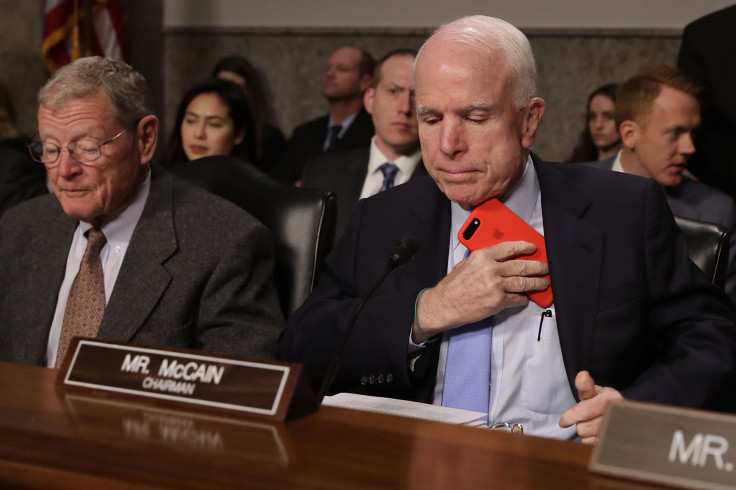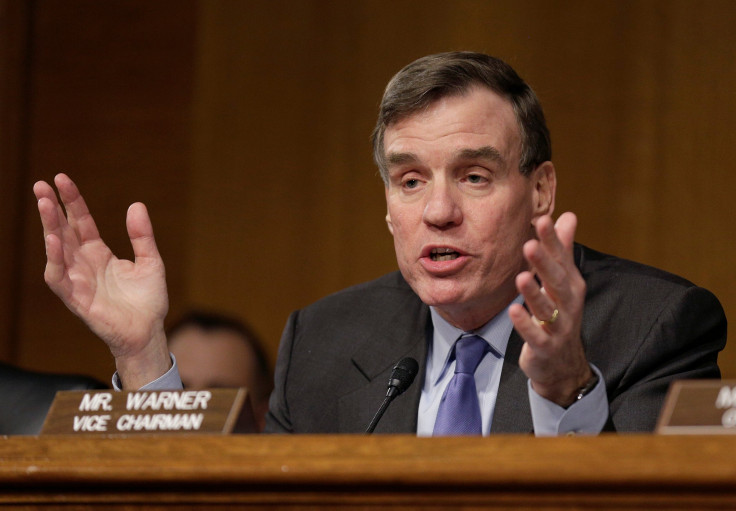Russia Hacking Election Scandal: Investigation Too Complicated For Tech-Challenged US Congress?

Capitol Hill lawmakers are starting the process of investigating Russia's role in hacking last year's presidential election and whether the Trump campaign was communicating with the Russian government while the hacking occurred. With members of Congress, most of whom have legal backgrounds, slated to begin digging into issues like hacking and cyber security, it's unclear if those responsible for conducting such vital investigations have the technical expertise to fully comprehend the technical data.
Very few members of congress, or their staffs, have any background in technology, and that worries many technology experts who spoke to The Intercept, an investigative news outlet formed in 2014.
“Anecdotally, of the 15,000 staff in Congress, I’m aware of six that have technology-related educational backgrounds,” Travis Moore, the founder and director of TechCongress, a congressional innovation fellowship, told The Intercept. “This is a problem. All policy is increasingly ‘tech’ policy.”

While the world of cyber crime is always an arms race between hackers developing new techniques and security professionals developing solutions in response, government experts seem to be falling behind private security professionals in their understanding of hacking. The Department of Homeland Security and the FBI released a report in December on Russia's hacking of the DNC that was criticized by security experts as "very generic."
And while DHS and the FBI have full-time security experts, congressional staffs rarely employ tech experts.
There’s a “typical tendency of governments to appoint lawyers to senior roles in leading all their cyber efforts,” Tony Cole, the Chief Technical Officer of Global Government at cyber security firm FireEye, told the Intercept. “The legal expertise is needed to ensure all applicable laws are followed, especially since this is a relatively gray area in the area around international law…[but] more operational cyber expertise at the most senior levels in government is needed badly."
© Copyright IBTimes 2025. All rights reserved.






















